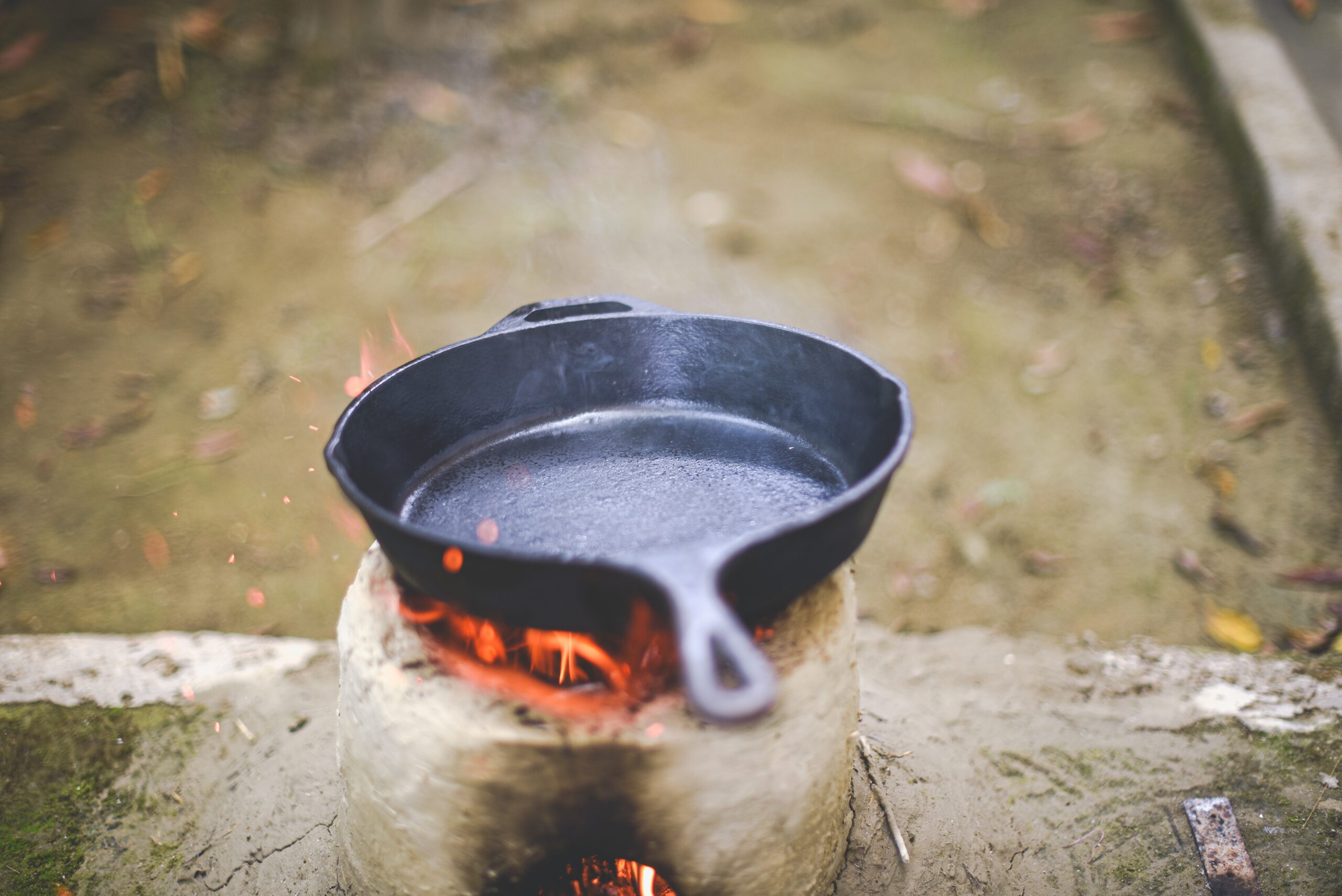RIDDLE
from what we cannot hold the stars are made
—W.S. Merwin
When I saw the forest
it was late afternoon.
The sky held the color
of something
almost forgotten.
I pulled off the road—
found a gravel path
sloping toward the trees.
It had to be the light
that remembered
my last Saturday at Y camp:
freshly husked corn
roasting on the cob
and all the nervous cicadas
calming down for dark.
Because I didn’t know
the handle could be hot
I burned myself
pulling a skillet from the fire
and was cursing quietly
when a blonde boy
I hadn’t met
told me to put my fingers
in his milk. It’s okay,
he said, won’t hurt as much.
I was 12, stuck on the step
between childhood and puberty
just starting to understand
that I liked being alone
and trying the riddle
of how to be a person
who might turn
into an “adult.”
At the time, I did not
have these words
but on this drive
I’d been wondering
about what I’ve become
and how I live in this country.
It all came back:
the red and white carton
with a bent straw in it
my fingers starting to blister
then the white kid’s
shy shrug of a smile.
In the forest
it was already night
RIDDLE 2
It was already evening
after six: August—
the sun, bright as anger
drove me to look for shade
and there was a mountain
not too far away:
it would be cooler there
with so many trees
and the sleepy animals
settling in the shadows—
someone said there was
a clear pond partway up
where you could splash your face
and suddenly see why
things are the way they are
so I walked and I wondered
what such knowing might do:
would I stop being afraid
of what could happen and
what might happen after that?
Would I stop asking questions
about systems, gnashing my teeth
on the ideas that have built
this world, this kind of world—
and the walk had gotten long
but I was getting there, though now
the sun was gone, taking with it
the burnt-orange hem of the sky
and with the risen dark
the mountain disappeared
RIDDLE 3
So, I kissed her and
as with all good kisses
the sense of a story
before the story—
the seed before it is
undone by water.
There is something like
this between two mouths
that first time: a brightness
opens your eyes, late
morning sun rushing
the window: you can’t
tell where you are.
Then, the room
comes back to focus
and the neighborhood
which is still familiar
but somehow more—
like the first taste
of a flavor that will
become your favorite.
I had known such a place
before as had she
with someone else: the thirst
the same, the same half-
question that cannot
be asked exactly
though you hear it
the way you almost
hear your heart walking
in your chest
or the way some days
you find a song in your mouth
that you’d forgotten
for a really long time
Click here to read Tim Seibles on the origin of the poems.
Image: Photo by Anshu A on Unsplash, licensed under CC 2.0.
- Riddles 1, 2 and 3 - July 21, 2023


